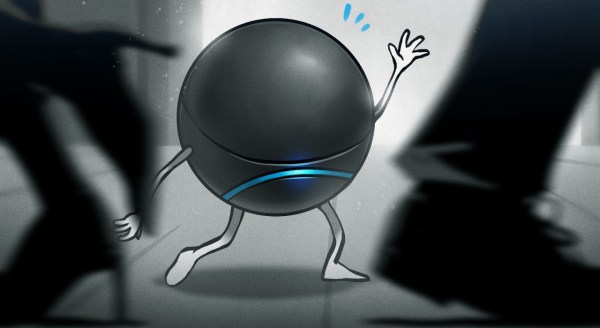We get it. We also watched Star Trek and thought how cool it would be to talk to our computer. From Kirk setting a self-destruct sequence, to Scotty talking into a mouse, or Picard ordering Earl Grey, we intuitively know that talking to a computer is better than typing, right? Well, computers talking back and forth to us is no longer science fiction, and maybe we aren’t as happy about it as we thought we’d be.
We weren’t able to pinpoint the first talking computer in fiction. Asimov and van Vogt had talking computers in the 1940s. “I, Robot” by Eando Binder, and not the more famous Asimov story, had a fully speaking robot in 1939. You could argue that “The Machine” in E. M. Forster’s “The Machine Stops” was probably speaking — the text is a little vague — and that was in 1909. The robot from Metropolis (1927) spoke after transforming, but you could argue that doesn’t count.
Meanwhile, In Real Life
In real life, computers weren’t as quick to speak. Before the middle of the twentieth century, machine-generated speech was an oddity. In 1779, a mechanical contrivance by Wolfgang von Kempelen, famous for the mechanical Turk chess-playing automaton, could form simple words. By 1939, Bell Labs could do even better speech synthesis electronically but with a human operator. It didn’t sound very good, as you can see in the video below, but it was certainly expressive.
Continue reading “Be Careful What You Ask For: Voice Control”












